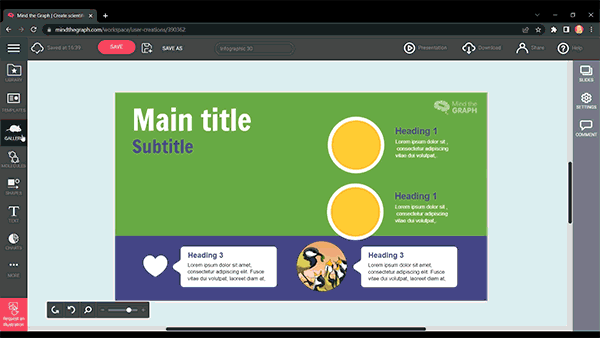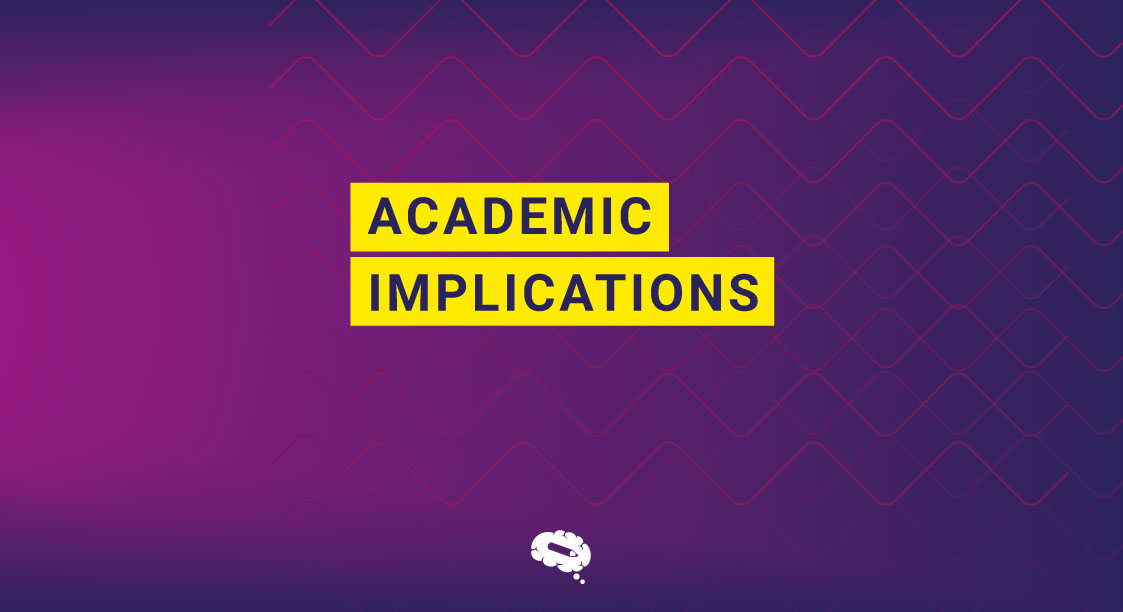Although it may appear like one of the most typical parts of the academic environment, academic conversation has significance far beyond the academic realm. It provides an environment for the exchange of information and growth, serving as a vital tool for collaboration and intellectual development.
Building good relationships, encouraging inclusivity and diversity in the academic community, and supporting the growth of critical thinking abilities all depend on academic conversation.
Additionally, it offers an opportunity in which every point of view can be heard, enabling individuals with different backgrounds to participate in the conversation and have meaningful discussions. This may result in greater comprehension of different points of view and life experiences, ultimately fostering a more diverse and equitable academic environment.
This article will discuss the multiple benefits of academic conversation and its importance to academia.
What Is An Academic Conversation and Why Is It Important?
An academic conversation is a discussion in which academics, researchers, and students exchange thoughts, ideas, and knowledge about a certain subject. It entails posing inquiries, offering arguments, and exercising critical thinking in order to deepen one’s comprehension of a given subject. Academic conversations can take place informally in group discussions or one-on-one chats as well as in official contexts like classrooms or academic conferences.
The academic conversation is crucially important as it fosters collaboration and intellectual growth, broadening the collective knowledge of all parties. Individuals can examine their own assumptions and bias through critical thinking, which results in a greater understanding and new academic insights.
Moreover, it is essential for fostering inclusivity and diversity in learning environments and, ultimately, for promoting a more equitable and inclusive academic community.
Benefits of Academic Conversations
Academic conversations offer a range of benefits to individuals and the academic community as a whole. Some of the key benefits of academic conversations are:
Developing Critical Thinking Abilities
Academic conversations inspire individuals to think critically and engage in an in-depth examination of subjects and concepts. Individuals can form more complex and well-rounded points of view on a subject by challenging presumptions and assessing the evidence.
Increasing Knowledge
Individuals may acquire insights into a subject through academic conversations by hearing about the experiences and perspectives of others. Their personal study or academic work may benefit from these new perspectives and insights.
Relationship Development
Academic conversations provide individuals a chance to engage with their peers and colleagues, which facilitates the establishment of collaborative connections and mentorship relations.
Inclusivity and Diversity
Academic conversations encourage inclusivity and diversity in the academic environment by giving an opportunity for other points of view to be voiced. This may result in greater comprehension of different points of view and life experiences, ultimately fostering a more diverse and equitable academic environment.
Research Advancement
Discussions in the academic community frequently result in the development of novel perspectives and concepts that can guide and progress research in a specific field. One way individuals might help progress research and scholarship is by sharing their expertise and abilities to one another.
How To Start Academic Conversation
Starting academic conversations can be challenging, especially for individuals who are new to academia or just getting used to participating in it. However, there are plenty of strategies that might make it easier and more effective to get started on academic conversations. Here are a few tips:
- Select a topic of interest: To start an academic conversation, select a subject that interests you and that you believe others will find interesting. This will encourage participation in the discourse.
- Research the topic: Do some research on the subject to better comprehend the main concepts and ideas before the conversation to avoid confusion. This will enable you to participate in the discussion with educated questions and evidence-based thoughts.
- Identify potential conversation partners: Choose individuals who might be interested in the subject as well as those who are knowledgeable about it as potential conversation partners. This can be coworkers, peers, or other experts in your field.
- Decide on a format: Academic conversations can occur in a variety of settings, such as one-on-one discussions, group meetings, or online forums. Select a conversational format that both you and your conversation partners will enjoy.
- Set clear objectives: Prior to starting the conversation, establish specific objectives and goals for what you expect to accomplish. This will assist in maintaining the conversation’s direction and purpose.
- Ask open-ended questions: When starting the conversation, encourage discussion and debate by presenting open-ended questions. This may encourage a stimulating and interesting discourse.
- Listen actively: In academic conversations, active listening is crucial. When others are speaking, pay close attention to what they are saying and then ask clarifying questions to assist the conversation move forward.
Your creations, ready within minutes!
A variety of scientific illustrations and graphics, including graphs and charts, molecular and cellular illustrations, anatomical diagrams, and more, can be made within minutes with Mind the Graph, an essential tool for anyone looking to communicate scientific concepts and ideas effectively.


Subscribe to our newsletter
Exclusive high quality content about effective visual
communication in science.




